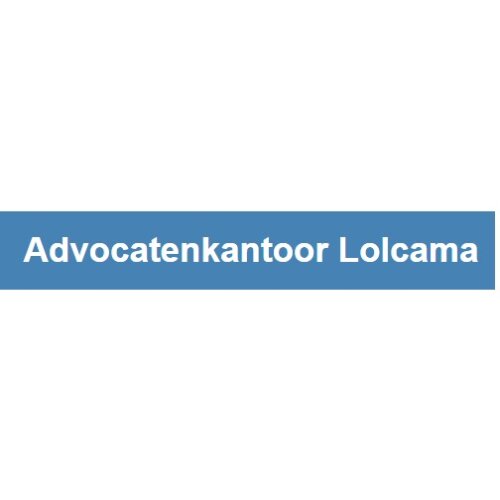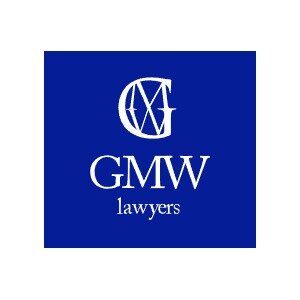Best Banking & Finance Lawyers in The Hague
Share your needs with us, get contacted by law firms.
Free. Takes 2 min.
List of the best lawyers in The Hague, Netherlands
About Banking & Finance Law in The Hague, Netherlands
The Hague, Netherlands is a major center for banking and finance. It is home to numerous national and international banks, financial institutions, and regulatory bodies. Banking and finance law in The Hague governs various aspects of financial transactions, investments, and banking operations, ensuring the stability and integrity of the financial sector.
Why You May Need a Lawyer
There are several common situations in which you may require legal help in the field of banking and finance in The Hague:
- When establishing a new bank or financial institution
- When seeking assistance with investment transactions or securities
- When dealing with banking regulations or compliance matters
- When facing disputes related to loans, mortgages, or debts
- When needing guidance on financial regulations and licensing
Local Laws Overview
Several key aspects of local laws relevant to banking and finance in The Hague, Netherlands include:
- The Financial Supervision Act, which regulates financial institutions and ensures their stability and integrity
- The Dutch Banking Code, which sets out principles of corporate governance and ethical conduct for banks
- The Financial Markets Supervision Act, which governs securities transactions, investments, and market abuse
- The Consumer Credit Act, which protects consumers in credit and lending transactions
Frequently Asked Questions
1. Can a foreigner start a bank in The Hague, Netherlands?
Yes, it is possible for a foreigner to start a bank in The Hague, Netherlands. However, it involves complex legal and regulatory processes. It is recommended to seek legal advice to ensure compliance with all the necessary requirements.
2. What are the banking regulations for opening a bank account in The Hague?
Opening a bank account in The Hague requires providing identification documents, proof of address, and fulfilling the bank's due diligence requirements. These regulations aim to prevent money laundering and terrorist financing.
3. What are the legal requirements for obtaining a mortgage in The Hague?
To obtain a mortgage in The Hague, you need to meet certain criteria set by banks and financial institutions. These include income verification, creditworthiness assessment, and a down payment. Additionally, the property being mortgaged will be evaluated by a professional appraiser.
4. How are consumer rights protected in banking transactions?
Consumer rights in banking transactions are protected by various laws and regulations in The Hague, Netherlands. The Consumer Credit Act and the Financial Supervision Act impose transparency requirements, fair lending practices, and the right to dispute resolutions for consumers.
5. What are the penalties for non-compliance with banking regulations in The Hague?
Non-compliance with banking regulations in The Hague can result in severe penalties, including fines, license revocation, and legal action. The exact penalties depend on the nature and severity of the violation.
Additional Resources
If you need legal advice or further information regarding banking and finance in The Hague, Netherlands, the following resources can be helpful:
- The Netherlands Authority for the Financial Markets (AFM) - an independent supervisory authority for the financial markets
- The Dutch Banking Association (NVB) - an organization representing the interests of Dutch banks
- The Dutch Financial Complaints Tribunal - an institution for resolving disputes between consumers and financial service providers
Next Steps
If you require legal assistance in banking and finance matters in The Hague, Netherlands, it is recommended to:
- Identify your specific legal needs and concerns
- Research and consult with reputable lawyers specializing in banking and finance law
- Arrange a consultation with the selected lawyer to discuss your case or situation
- Provide relevant documents and information to the lawyer for a comprehensive understanding
- Work collaboratively with your lawyer to navigate the legal processes and protect your interests
Lawzana helps you find the best lawyers and law firms in The Hague through a curated and pre-screened list of qualified legal professionals. Our platform offers rankings and detailed profiles of attorneys and law firms, allowing you to compare based on practice areas, including Banking & Finance, experience, and client feedback.
Each profile includes a description of the firm's areas of practice, client reviews, team members and partners, year of establishment, spoken languages, office locations, contact information, social media presence, and any published articles or resources. Most firms on our platform speak English and are experienced in both local and international legal matters.
Get a quote from top-rated law firms in The Hague, Netherlands — quickly, securely, and without unnecessary hassle.
Disclaimer:
The information provided on this page is for general informational purposes only and does not constitute legal advice. While we strive to ensure the accuracy and relevance of the content, legal information may change over time, and interpretations of the law can vary. You should always consult with a qualified legal professional for advice specific to your situation.
We disclaim all liability for actions taken or not taken based on the content of this page. If you believe any information is incorrect or outdated, please contact us, and we will review and update it where appropriate.
Browse banking & finance law firms by service in The Hague, Netherlands
The Hague, Netherlands Attorneys in related practice areas.










